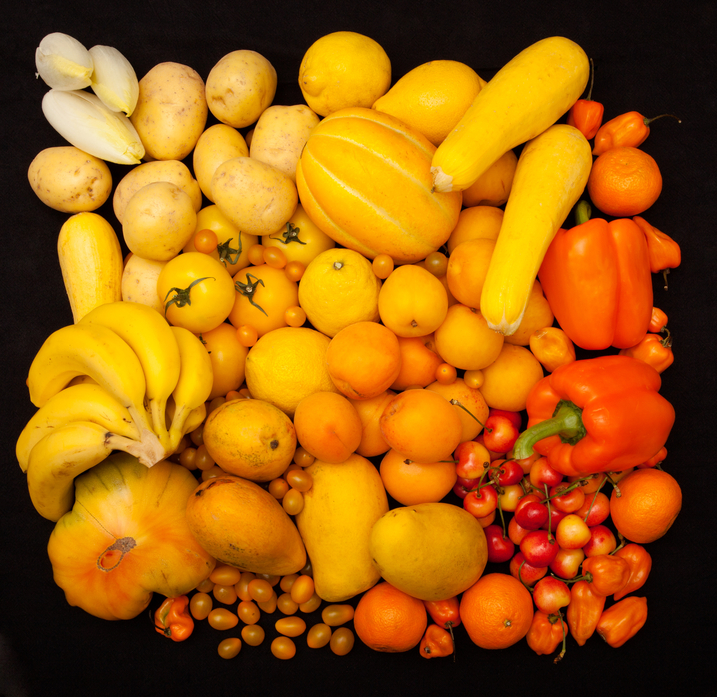Reports from a recent Statistics Canada study revealed that about a third of seniors in Canada are at risk for malnutrition. Many seniors are rarely eating fruits and vegetables, avoid cooking and are often skipping meals entirely.
Eating and preparing meals is often a social occasion and seniors who live alone are at an even greater risk for nutritional deficiencies. About half of seniors who live alone are in danger of malnourishment. Isolated seniors may lack the motivation to cook meals for themselves and turn to prepared food such as canned soups for convenience. These meals are often high in sodium and can increase risk of stroke, heart disease and high blood pressure.
Dental health is also a contributing factor to poor nutrition in seniors. Missing teeth or poor quality dentures can prevent the elderly from making healthy food choices.
There are alternatives to eating alone which may make meal time a more enjoyable experience. Many communities have seniors dining clubs and local senior centers often serve weekly meals. Consider arranging for Meals on Wheels a few times a week, this will not only provide a nutritious meal but also some social interaction.
At home, try to make meal time an enjoyable experience. Eat outside if the weather is pleasant, listen to music or read a book to increase interest in eating. Make a nice spot at the table to eat, with flowers and a place mat. We enjoy our food as much with our eyes as with our palate.
For a compete guide on nutrition for seniors, visit eatrightontario.ca . You can also talk to a registered dietitian for free in Ontario at 1-877-510-510-2. Dietitians of Canada have put out two cookbooks available at www.dietitians.ca/Your-Health or at your local bookstore. The Basic Shelf Cookbook, a collection of low cost, nutritious meals that are quick and easy to make, is available from the Canadian Public Health Association a cost of $7.50 though their website at cpha.ca .
Seniors Not Getting Proper Nutrition at Home






Add Your Voice
0 Comments
Join the Discussion